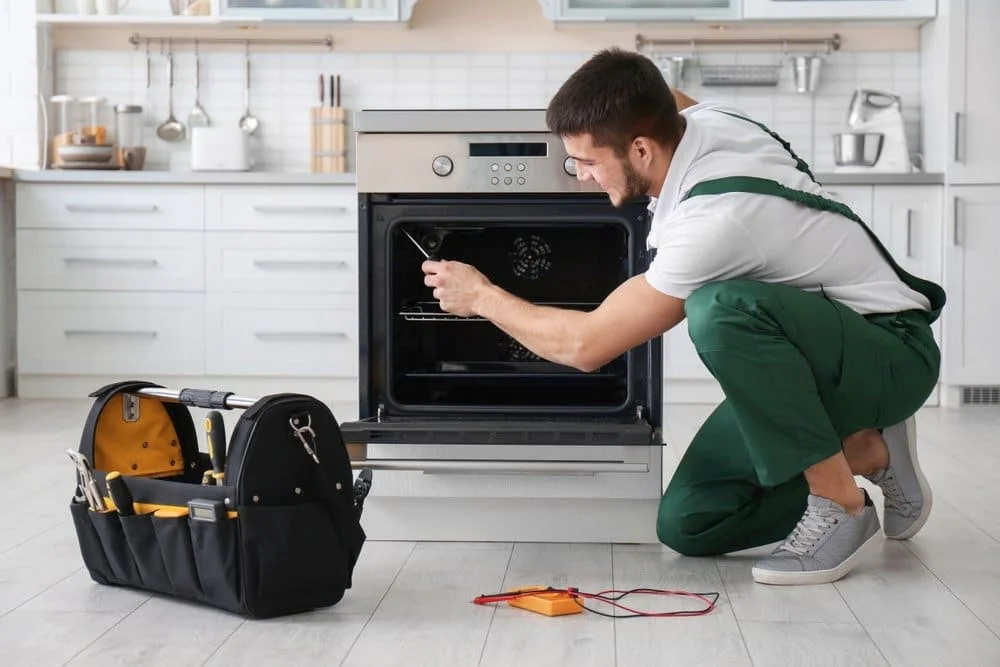 Newsletter Copywriting – Emails That Convert, Not Bore!
Newsletter Copywriting – Emails That Convert, Not Bore!
How Do Home Security Systems Actually Work?
Written by bwuxgunchibtckq » Updated on: June 17th, 2025

In the run-up to Christmas, one of the things that most people don’t think about is burglaries. Every November, December and January, residential burglary rates soar compared to the rest of the calendar year. In London, the burglary rate rises 26% on average during the festive season. The long and dark nights in the winter months provide cover for burglars at a time when homes are often filled with brand-new consumer goods, from electronics to toys and jewellery. Your home’s security remains critical in the winter months, in fact, more than ever. Installing a home security system is the right thing to do to secure your residence, but not understanding how they work puts you in a horrible position.
Firstly, a security system is a method or combination of components and devices interworking to provide your home with security. The security system is meant to protect you against burglars and home intruders. It consists of electronic devices such as motion sensors, alarms, and cameras and a central control panel that’s accessible to the homeowner. As mentioned before, it would be useless to have Home Security Systems in Kent and not know how they operate.
One of the main features of most home security systems is the sensors. Windows and door sensors, when armed, automatically communicate with the control panel to trigger the alarm. There are two main types of window and door sensors, the first is contact sensors which comprise a sensor magnet that alerts the homeowner that the door or window has been opened. When the sensor detects separation from the magnet, its switch is released and communicates with the control panel. The second type is Glass break sensors that detect broken or shattered glass. Advanced glass break sensors use AI technology to detect different sounds of breaking glass.
While sensors are a vital aspect of home security systems, some alarm sensors, unfortunately, fail to work. Customers have reported issues with multiple systems including ADT and MoonShot with the sensors often not sounding when a window or door has been broken into. Contact sensors, for instance, might fail to go off because a metallic door or window frame interfered with the magnet’s magnetic field.
When armed, motion sensors protect your home by creating an invisible zone. If an intruder breaches the zone, they trip off the alarm. These sensors are mainly used in main entryways, hallways, ground floors, and rooms with sensitive materials or valuables.
The most common motion sensors are infrared sensors. They detect the body heat of a moving human and compare it to the head of inanimate objects before setting off the alarm. Many motion sensors have Pet Immunity that differentiates between humans and animals in motion.
Without Pet Immunity, pets, especially dogs, can trigger sensors and false alarms. Some alarm systems are not as pet-friendly as they claim to be, one system which has reported issues is the MoonShot system, despite being advertised as pet-friendly. The MoonShot alarm in particular can be easily triggered by small things such as a “gust of wind”, with many users reporting a high number of false alarms, likely caused by overly sensitive sensors. Despite all the research to improve motion sensors’ ability to determine mass, speed, and movement patterns, some continue to fail.
Another vital aspect of home security systems is that they require an internet connection. In the Internet of Things (IoT) world, you can command your HVAC to heat your residence and view every room in your house and outside remotely. Your security systems are connected to the internet via Wi-Fi, Ethernet, or VoIP. The monitoring centres then relay everything to you through your internet-connected phone or laptop.
But in today’s day and age customers are increasingly hesitant to connect their alarm systems to their home Wi-Fi due to a fear of cyberattacks or data breaches. Another pressing issue is because alarm systems are reliant on Wi-Fi, some systems may be obsolete during a power outage. Newer wireless systems should provide some level of protection during a power outage, as the device also runs on batteries. But some receivers are mains powered, so if the unit does not have its own integrated battery backup it may be useless during a power outage.
Security systems do work and protect your home, but sometimes they fail. Knowing how they work will give you an upper hand in choosing the best home security system for your household.
Note: IndiBlogHub features both user-submitted and editorial content. We do not verify third-party contributions. Read our Disclaimer and Privacy Policyfor details.
Copyright © 2019-2025 IndiBlogHub.com. All rights reserved. Hosted on DigitalOcean for fast, reliable performance.














